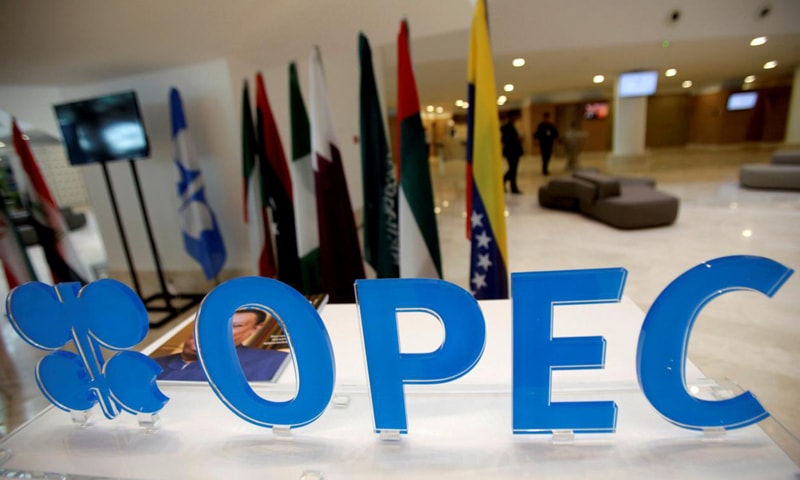VIENNA: For Opec, over-compliance with its supply-cutting deal is a nice problem to have.
Once known for rampant cheating on agreed oil output targets, Opec has been over-delivering on a pact in place since January 2017, cutting around one and a half times the promised amount.
The Organization of the Petroleum Exporting Countries meets on Friday to decide on output policy amid calls from major consumers such as the United States, India and China to cool down oil prices by producing more crude.
Three Opec members — Iran, Venezuela and Iraq — have been reluctant to consent to a formal increase in Opec’s output target, agreed as part of a deal with Russia and other non-member producers and running until the end of 2018.
But on Wednesday, Iranian Oil Minister Bijan Zanganeh said Opec members that had over-delivered on cuts should return to compliance with agreed quotas — a possible compromise to keep both the existing deal and produce more oil.
If all Opec members produced as much as they were allowed under the deal, Opec output would in theory rise by about 740,000 barrels per day, based on Reuters estimates of the group’s production in May.
But in practice it would mean a much smaller boost of less than a 10th of that amount, effectively from Saudi Arabia. Riyadh is considered the only Opec member pumping below-target that could add significantly more at short notice.
While Saudi Arabia’s cutting by more than required has helped Opec’s compliance, involuntary reductions in Venezuela amid economic crisis and in Angola due to natural decline have had a larger impact and cannot be reversed at short notice.
So, a larger increase agreed by Opec would require a new set of output targets.
This could reallocate production from members under-producing their quotas to those that can pump more — namely Saudi Arabia, Kuwait and the United Arab Emirates. It could also raise targets for all, even though any increase would come from only a few members.
So far there is no indication that Iran and the other members would agree to such a reallocation, although with officials holding extensive talks in the run-up to Friday’s Opec meeting, further compromise could be made.
If the existing deal is retained and Saudi Arabia felt there was a need to add more oil, Riyadh could still increase production unilaterally, as it did after a meeting in June 2011 ended with no decision.
Published in Dawn, June 21st, 2018















































Dear visitor, the comments section is undergoing an overhaul and will return soon.